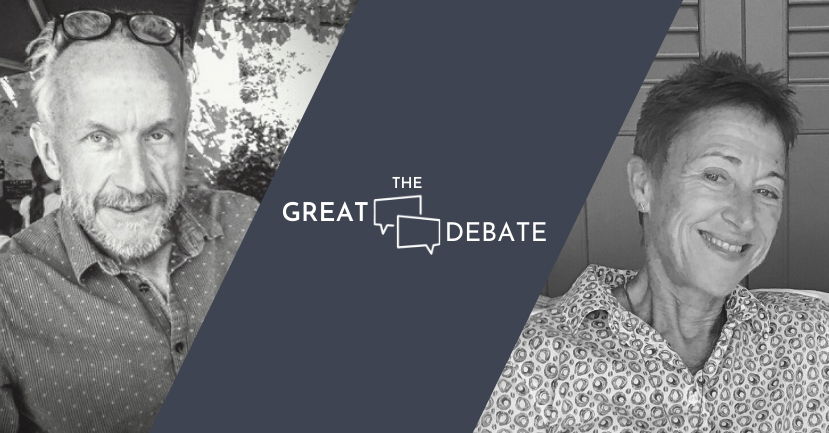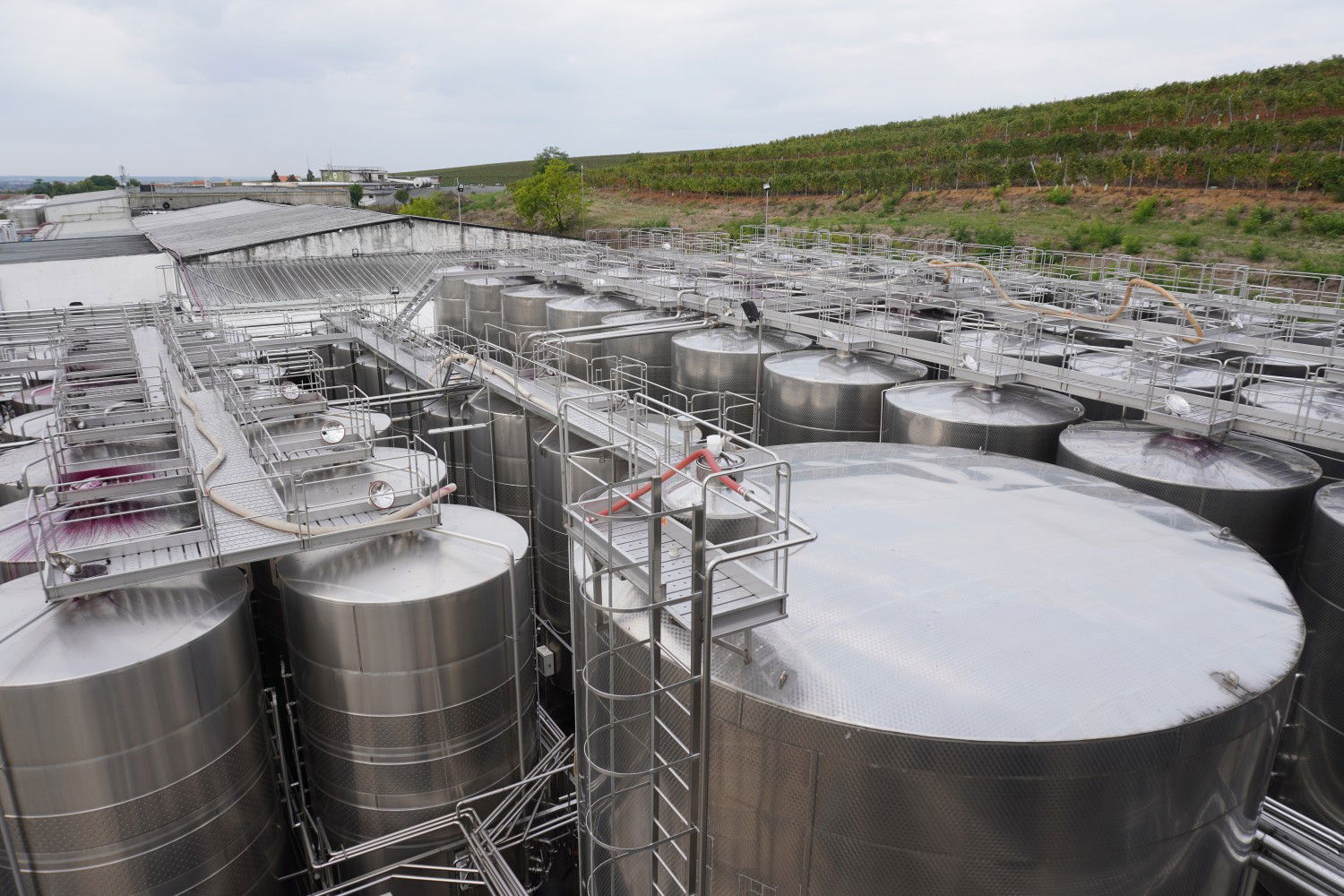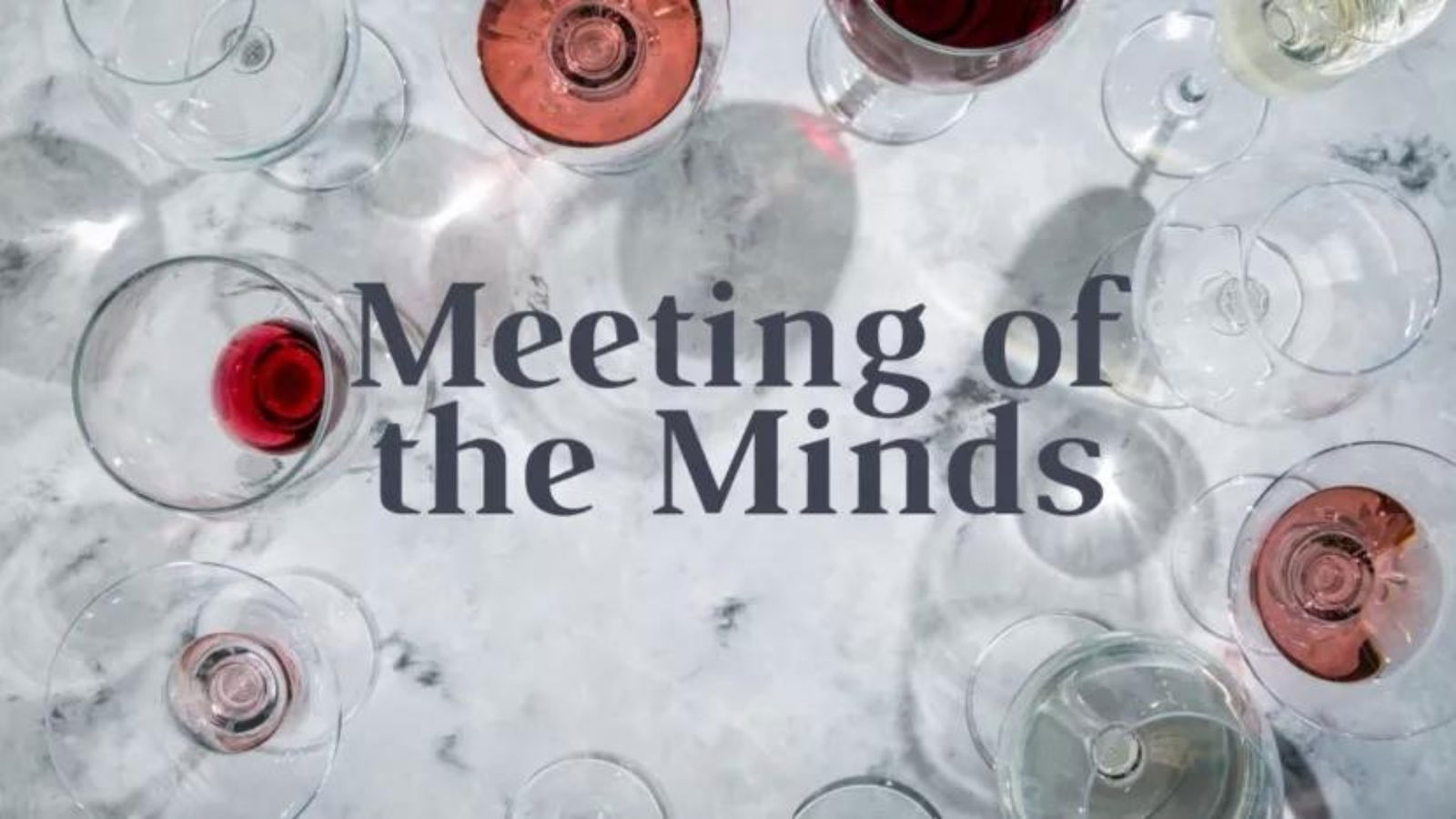BLOG
The Great Debate: Ripeness and Balance with Andrew Jefford and Julia Harding MW
Kevin Day Wine Education & Careers

Few, if any, moments in wine are more dramatic than when a producer decides it is time to pick fruit. Whether they rely upon a Brix reading, a visual cue from the grape seeds, or the finely tuned instrument of their own palate, making the call to harvest a plot of grapes is a decision fraught with consequence. Get it exactly right and you can have a legendary vintage. Get it wrong, and nothing that follows from the vine to the winery to the bottle can make up for an ill-timed harvest.
“Ripeness is balance at its apogee,” notes Julia Harding, a Master of Wine, wine critic, contributor to JancisRobinson.com, and the co-author of the often-referenced book Wine Grapes. Yet given the frequency with which “ripeness” and “balance” are used as terms in wine discussion, it is worth our time to take a step back and try to find a consensus on what they actually are (or even, if they are the same thing), and the ramifications this may hold for our sensory perception.
As we discovered, defining where that apogee of balance lies can be exceedingly difficult. Balance “resists codification,” says wine writer and Wine Scholar Guild Academic Advisor Andrew Jefford. “It varies culturally; it varies by individual; it varies by region and by variety.”
For our latest Great Debate, Andrew Jefford and Julia Harding tackle the finer points of ripeness and balance in wine. Their back-and-forth covers a lot of ground: how to decipher balance on the palate, the differences between tasting wine and drinking a wine, putting the value of alcohol levels into context, the role climate change is playing in defining our sense of taste, and even the dangers of allowing one’s intellect to override the sensual response. All of it, Jefford suggests, is in a quest for, what he calls, “resonance.”
While we may not have arrived at any convenient new truisms, in the end, wine’s remarkable ability to reveal the harmony of nature is — at least for now — something we can all agree on.
Please note that the full conversation is now available for free!

Kevin Day: It is always nice to start off these debates by clearing up terminology. So let’s begin with each of your definitions for “balance” in a wine. Julia: would you like to start us off?

Julia Harding MW: Balance is the relationship between the components of a wine – fruit flavour and fruit intensity, acidity, sweetness or lack of it, alcohol/weight, texture/tannins – and is not about absolute levels. It also involves the integration of those components to create a whole, though perhaps that is creeping into harmony. It’s a complex equation and not necessarily predictable from the technical analysis of a wine.
I think it is important to add that while much can be tweaked in the winery, the most balanced wines, and those most likely to stay that way over time in bottle, are made from grapes that are intrinsically balanced.

KD: Andrew, do you have anything to add to Julia’s definition of balance as “the relationship between the components of a wine?”

Andrew Jefford: Julia’s definition is excellent and I would endorse her comment about the vineyard origins of balance ‘at its best.’ Julia has outlined the main elements of balance as far as we are able to trace or isolate them in the wines we are tasting, but I would stress that wine is an extraordinarily complex sensual object and almost everything in that object (including, for example, its aromatic dimensions and qualities derived from the fermentative process such as vinosity) can contribute to balance.
NEXT PAGE (10%): Discerning Balance in Tasting Wine
Please note that the full conversation is now available for free access! Log in or Create a Free Account to read the full conversation.
In the full transcript, you can read Andrew and Julia's opinions on
- The Definition of Balance in Wine
- Discerning Balance in Tasting Wine
- Levels of Body, Acidity, Tannin and Alcohol in Balance
- Subjectivity in Matters of Taste
- Balance in the Role of Aging Wine
- Does “Freshness” Exist
- Is Balance Trendy or Universally Timeless?
- The Significance of Alcohol Levels
- Can “Ripeness” Mean Different Things to Different People?
- Climate Change and the Future of Balanced Wines



